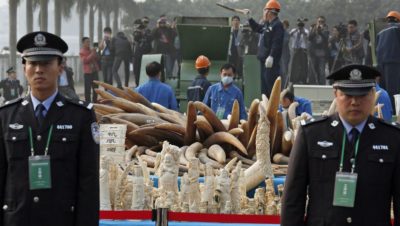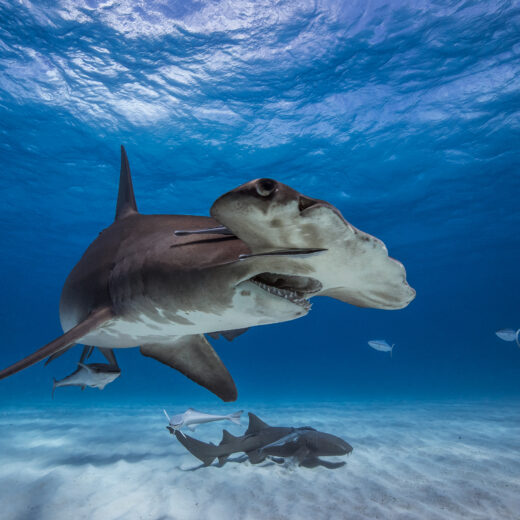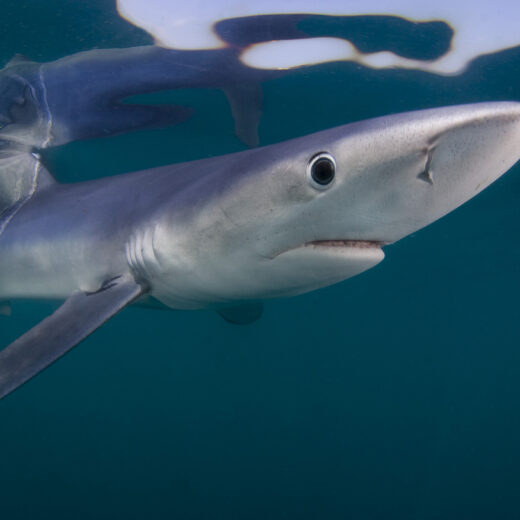


By: Lily Kuo
A total ban on sales of ivory will go into effect this weekend in China, the world’s largest importer of ivory whose trade is responsible for the deaths of as many as 30,000 elephants in Africa a year.
International trade of ivory has been banned since 1990 but China and other countries have allowed domestic sales of ivory products. Ivory carvings, chopsticks, and other items are coveted status symbols among China’s wealthy. In 2007, ivory carving was listed as an example of China’s “national intangible cultural heritage.”
As a result of international pressure and concerns for its reputation, China changed tack. In 2016, Beijing promised to ban the domestic ivory trade. Ivory factories and shops began closing in the spring. More than a hundred factories are to be shut by the end of this month. The looming ban has caused the price of ivory to fall as much as 65% since 2014, according to wildlife groups.
Critics say the ban will just move the trade to other parts of Asia. Laos is now the world’s fastest growing ivory market, serving mainly Chinese customers. The new rule does not apply to Hong Kong, a major ivory market. The special administrative region is expected to vote on a potential ban in 2018. Other bans have just prompted new industries in the illicit wildlife trade. After China banned the import of tiger bones in the 1990s, traders in South Africa turned to exporting lion bones instead.
Researchers say reducing demand is the only effective way to stop the ivory trade. The conservation group WildAid has recruited former NBA star Yao Ming to be an advocate for elephants. That could help. Yao was also the face of the group’s campaigns against shark fin soup, a delicacy in China that has fallen out of fashion in part because of Yao’s work.
“Ivory products are very expensive, not in terms of their prices, but in terms of the lives of the elephants that were killed to make them. Our country has now implemented an ivory ban. Under the law, ivory is no longer a commercial item,” Yao says in a recently released video.
Stay in touch and get the latest WildAid updates.
SIGN UP


